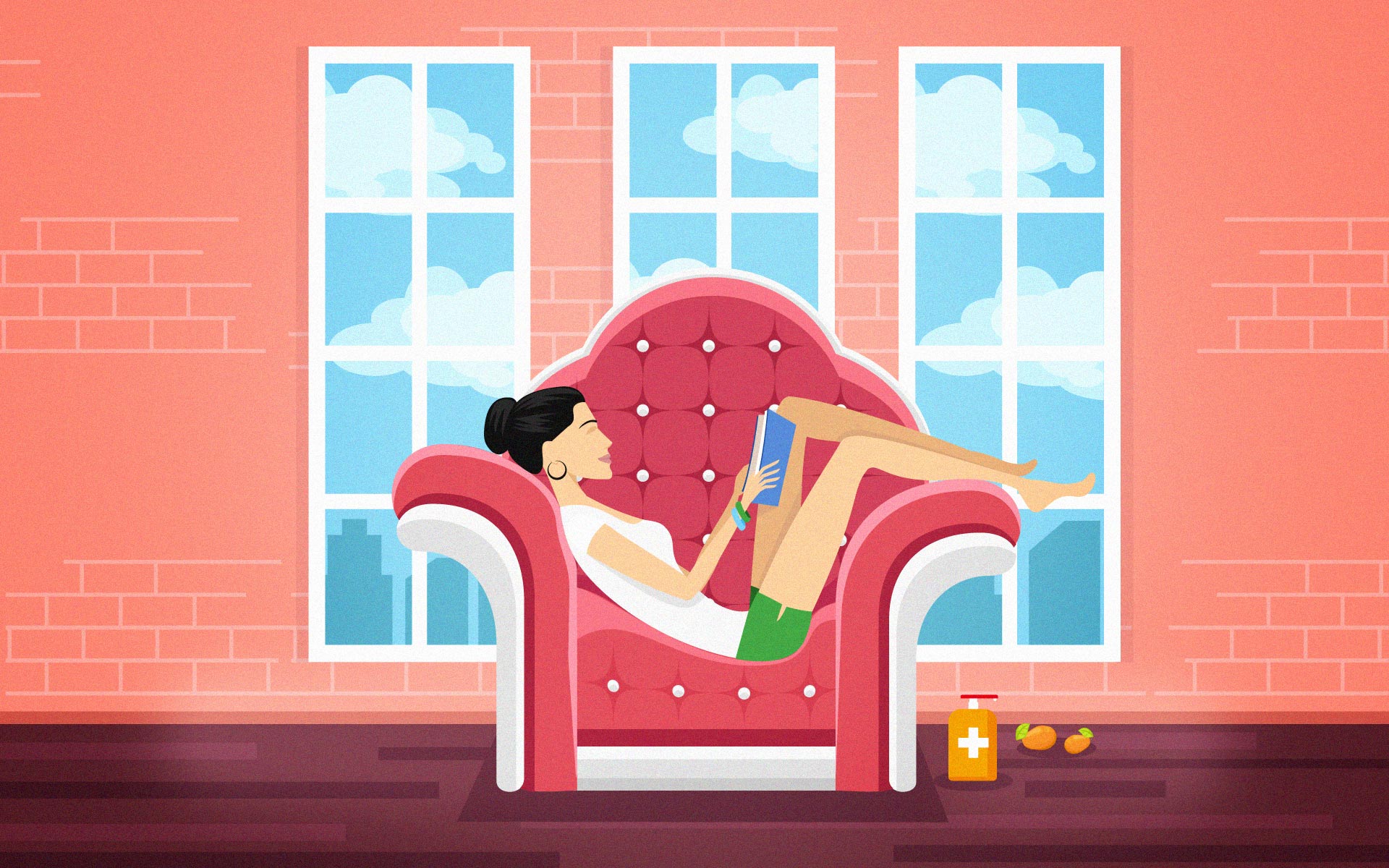Get set to welcome the new, better you with these proven step-by-step changes
Eat better: Eat 100g of cooked salmon or ¾ of a cup of flaked tuna twice a week. Set yourself up for success by scheduling these meals into your weekly calendar – perhaps dinner on Wednesday night, and lunch on Monday afternoon? Whatever works for you. According to the American Heart Association, eating fish that’s rich in Omega-3 fatty acids twice a week will reduce your risk of heart failure, coronary heart disease, cardiac arrest and ischemic stroke. Just remember: no frying!
Sleep better: Turn off all your devices an hour before going to bed. Mobile phones, laptops and other devices emit large quantities of blue light, which interfere with your circadian rhythms by tricking your body into thinking it’s still daytime. Turning off all your devices will have the added benefit of allowing your mind to wind down before you go to bed and expect it to switch off completely. In contrast to this, try maximising exposure to bright light during the day to keep your circadian rhythms in check. According to a study published in the International Journal of Geriatric Psychiatry, two hours of exposure to bright light during the day resulted in two additional hours of sleep during the night. So, open the curtains wide in the morning, take a walk around the block during lunch and enjoy the feeling of the sun on your face. Your body and brain will thank you.
Sit better: Push your hips as far back into the chair as they can go, making sure that your feet are flat on the floor. This will force you to sit up straight and prevent your spine from settling into a dreaded C-curve. If you’re working on a laptop, you might suddenly find that this leaves you looking too far downwards – but that doesn’t mean you should go back to slouching. Rather invest in a stand for your computer so that the middle of the screen is at eye level.
Walk better: Take a brisk 30-minute walk three times a week. How brisk? Fast enough to feel like you’re breathing a bit heavier – but not so fast that you can’t have a conversation. As a general rule, you’re aiming for an intensity level at which you can talk, but not sing. Countless studies have illustrated the health benefits of regular walking: it lowers your blood pressure and cholesterol, reduces stress and improves your memory, to name just a few of the positive effects. Work your way up to five times a week for the best science-backed body-benefits, and recruit a walking buddy or join a group if you need an extra dose of motivation.
Work better: Take a 15-20 minute break after every 90 minutes of work. According to a study conducted by the US Army Research Institute, this will tap into your body’s natural rest-alertness cycles, or ultradian rhythms, thereby increasing your energy levels and focus. Oh, and when you take that break, don’t just spend it on Facebook. Get up, get out or get into a conversation with someone in the real world.
Think better: Before this month is over, sign up to learn something new. Whether you decide to play a new instrument, speak a new language or develop a new skill, you’re looking for any kind of activity that makes you feel both challenged and satisfied. We may be creatures of habit, but as they say, the mind is like a parachute; it only functions when open.

Leave a Reply